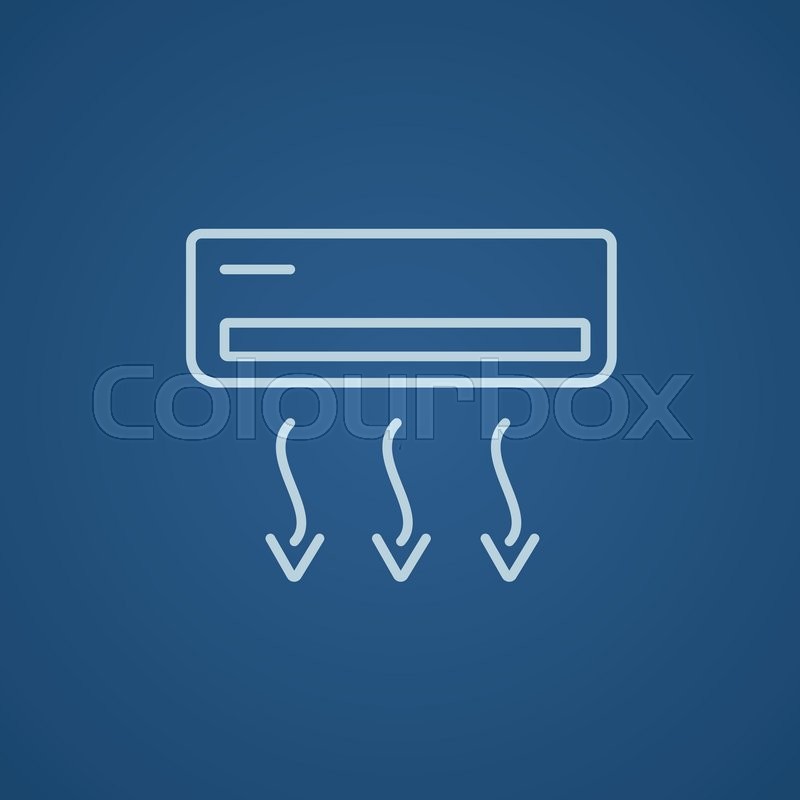The Future Of Home Heating - How Heat Pump Modern Technology Is Progressing
The Future Of Home Heating - How Heat Pump Modern Technology Is Progressing
Blog Article
Uploaded By-Dawson Goff
Heat pumps will be an essential technology for decarbonising home heating. In a scenario constant with governments' introduced energy and environment commitments, their international capacity increases by 2030, while their share in home heating rises to one-quarter.
They function best in well-insulated homes and count on power, which can be supplied from a sustainable power grid. https://cost-of-multi-family-wate90009.blogoxo.com/29444225/the-ultimate-guide-to-understanding-warm-pumps-exactly-how-do-they-function are making them extra reliable, smarter and more affordable.
Fuel Cells
Heat pumps make use of a compressor, refrigerant, coils and fans to relocate the air and heat in homes and home appliances. They can be powered by solar energy or power from the grid. They have actually been acquiring appeal as a result of their inexpensive, silent operation and the capacity to create power throughout peak power demand.
Some business, like IdaTech and BG MicroGen, are working with fuel cells for home heating. These microgenerators can change a gas boiler and produce several of a home's electrical needs with a link to the power grid for the remainder.
However there are factors to be unconvinced of using hydrogen for home heating, Rosenow claims. It would be expensive and inefficient contrasted to various other technologies, and it would add to carbon discharges.
Smart and Connected Technologies
Smart home technology enables house owners to connect and manage their gadgets from another location with the use of smartphone applications. For home ventilation systems , wise thermostats can discover your heating choices and immediately adjust to maximize power intake. Smart lights systems can be managed with voice commands and instantly turn off lights when you leave the area, lowering energy waste. And clever plugs can check and manage your electric use, enabling you to determine and limit energy-hungry devices.
The tech-savvy home portrayed in Carina's interview is a good picture of exactly how passengers reconfigure space heating techniques in the light of new smart home innovations. They rely upon the gadgets' computerized features to accomplish everyday changes and concern them as a hassle-free ways of conducting their home heating techniques. Because of this, they see no factor to adjust their practices additionally in order to enable flexibility in their home power demand, and interventions aiming at doing so might encounter resistance from these houses.
Electrical energy
Given that heating homes represent 13% people emissions, a switch to cleaner options can make a large distinction. Yet the modern technology deals with obstacles: It's expensive and calls for extensive home renovations. And it's not always suitable with renewable resource resources, such as solar and wind.
Until lately, aircon maintenance near me were also pricey to take on gas designs in most markets. But new advancements in style and products are making them extra inexpensive. And far better cool climate efficiency is allowing them to function well even in subzero temperatures.
The next step in decarbonising heating might be the use of warm networks, which attract heat from a main resource, such as a neighboring river or sea inlet, and distribute it to a network of homes or structures. That would lower carbon discharges and enable households to make the most of renewable energy, such as environment-friendly electricity from a grid supplied by renewables. This option would be less costly than switching over to hydrogen, a nonrenewable fuel source that needs new framework and would only reduce CO2 emissions by 5 percent if coupled with enhanced home insulation.
Renewable resource
As electrical power prices go down, we're starting to see the same fad in home heating that has actually driven electrical automobiles into the mainstream-- but at an even faster speed. The solid environment situation for electrifying homes has been pressed further by new research.
Renewables represent a considerable share of modern warm consumption, yet have actually been given restricted policy focus globally contrasted to other end-use industries-- and also much less interest than electrical power has. Partially, https://hvacservicevsmaintenance49629.madmouseblog.com/9782950/debunking-usual-misconceptions-and-misunderstandings-about-warm-pumps shows a mix of customer inertia, divided rewards and, in many countries, aids for nonrenewable fuel sources.
New modern technologies could make the shift easier. As an example, heatpump can be made much more energy reliable by replacing old R-22 refrigerants with brand-new ones that do not have the high GWPs of their precursors. Some specialists likewise envision area systems that attract heat from a neighboring river or sea inlet, like a Norwegian fjord. The cozy water can then be utilized for cooling and heating in a neighborhood.